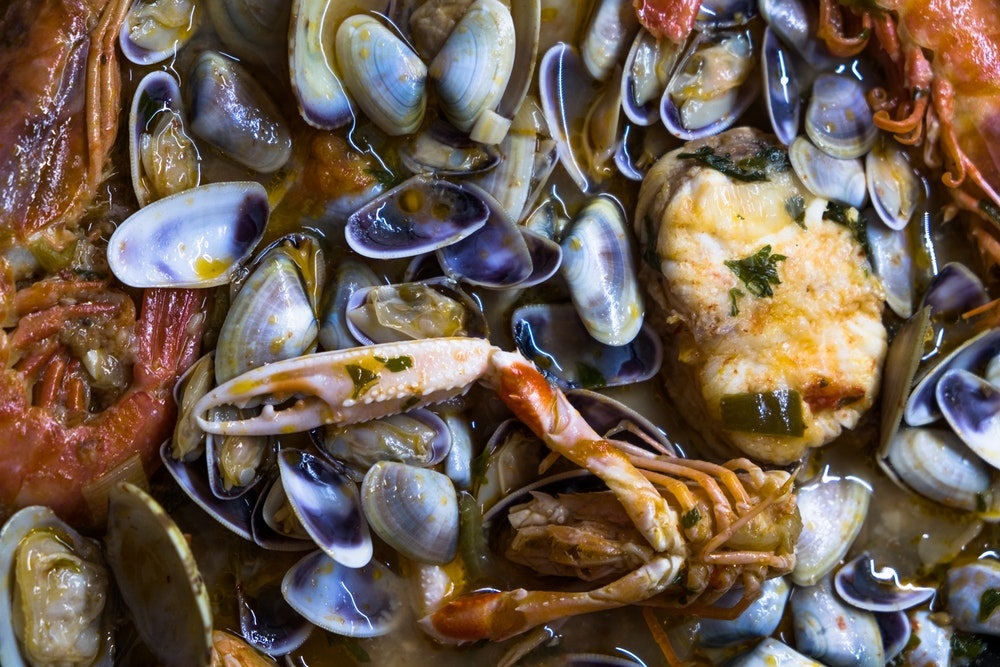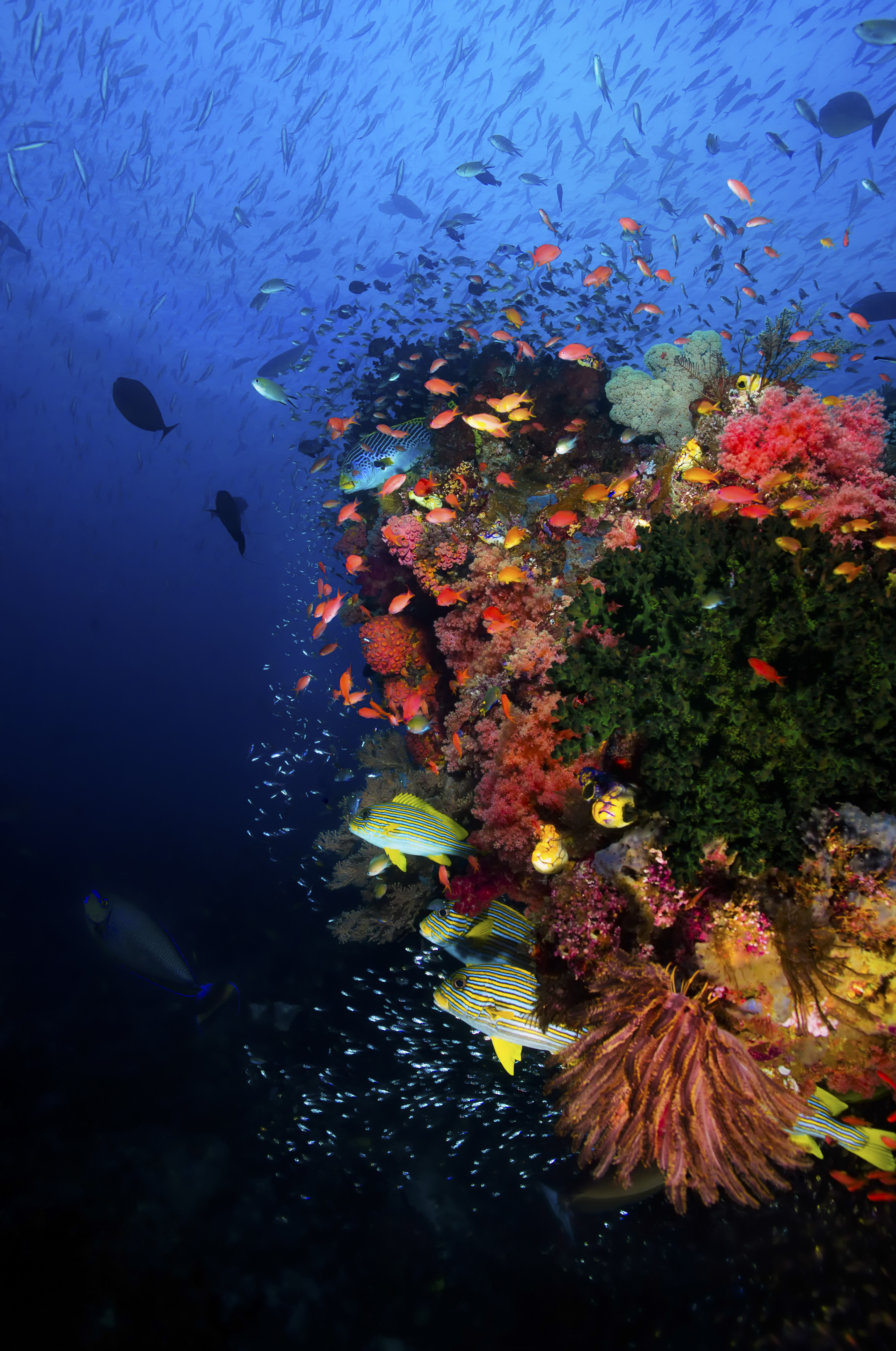Seafood Safety Legislation and International Codes of Practice

Consumer perceptions of seafood are positive reflecting its important contributions to a healthy and balanced diet. Poor publicity from seafood safety scares are rare. However, ongoing protection of the consumer requires careful management of a range of very specific seafood safety risks. Fish and shellfish are uniquely harvested from an aquatic environment whose characteristics fundamentally determine product quality. Seafood is also often traded as a live, fresh product susceptible to taint and spoilage if not handled properly.
Some types of seafood, e.g. molluscan shellfish (oysters, mussels, clams etc), can concentrate contaminants through filter-feeding posing an additional management challenge. According to Article 3 of the Agreement on Sanitary and Phytosanitary (SPS) Measures under the World Trade Organization (WTO), members are to base their sanitary or phytosanitary measures on international standards, guidelines or recommendations. Thus, fish and shellfish placed on the market are governed by a variety of national, federal and international food safety rules, guidance and codes of practice aimed at protecting the consumer from hazards. This section provides information on seafood legislation for the some of the most significant importing countries and blocs, including the European Union and the United States. In addition, it provides links to Codes of Practices and other guidelines with relevance to sanitary production of seafood produced by the Codex Alimentarius Commission.
Legislation
In addition to the Legislation for selected importing blocs and countries shown below, guidance on Legislation related to bivalve and other fish and fishery products in a wide variety of countries is provided by the FAO Fisheries and Aquaculture Department as part of its GLOBEFISH project.
European Union
This section contains a list of key European Legislation relating to microbiological contamination of bivalve shellfish. It is not exhaustive and readers should also refer to EUR-Lex, the website for European Union law. In each case the link below will take you to the first published version of the legislation; to access the latest consolidated version, incorporating all relevant amendments and corrigenda since first publication (NOTE; in many cases these will be significant), follow the link (shown in the form of a date) to the "Current consolidated version" in the title and reference section above the text of the legislation. In all cases, Legislation in all official languages of the EU (including English, French, Spanish and Portuguese among others) is available in the links:-
GENERAL FOOD LAW
- Regulation (EC) No 178/2002 laying down the general principles and requirements of food law, establishing the European Food Safety Authority and laying down procedures in matters of food safety
- Regulation (EC) No 852/2004 on the hygiene of foodstuffs
HYGIENE AND OFFICIAL CONTROL RULES FOR BIVALVES (including criteria for microbiological contaminants and biotoxins)
- Regulation (EC) No 853/2004 laying down specific hygiene rules for food of animal origin
- Commission Regulation (EC) No 2073/2005 on microbiological criteria for foodstuffs
- Regulation (EU) 2017/625 on official controls and other official activities performed to ensure the application of food and feed law, rules on animal health and welfare, plant health and plant protection products
- Commission Delegated Regulation (EU) 2019/624 concerning specific rules for the performance of official controls on the production of meat and for production and relaying areas of live bivalve molluscs
- Commission Implementing Regulation (EU) 2019/627 laying down uniform practical arrangements for the performance of official controls on products of animal origin intended for human consumption
RULES ON CHEMICAL CONTAMINANTS
- Commission Regulation (EC) No 2023/915 on maximum levels for certain contaminants in food
- Regulation (EC) No 1333/2008 on food additives
- Commission Regulation (EU) No 37/2010 on pharmacologically active substances and their classification regarding maximum residue limits in foodstuffs of animal origin
RULES GOVERNING IMPORTS
- Regulation (EU) 2016/429 of the European Parliament and of the Council of 9 March 2016 on transmissible animal diseases and amending and repealing certain acts in the area of animal health
- Commission Implementing Regulation (EU) 2019/2130 establishing detailed rules on the operations to be carried out during and after documentary checks, identity checks and physical checks on animals and goods subject to official controls at border control posts
- Commission Delegated Regulation (EU) 2020/692 supplementing Regulation (EU) 2016/429 of the European Parliament and of the Council as regards rules for entry into the Union, and the movement and handling after entry of consignments of certain animals, germinal products and products of animal origin
- Commission Implementing Regulation (EU) 2020/2236 laying down rules for the application of Regulations (EU) 2016/429 and (EU) 2017/625 of the European Parliament and of the Council as regards model animal health certificates for the entry into the Union and movements within the Union of consignments of aquatic animals and of certain products of animal origin from aquatic animals, official certification regarding such certificates and repealing Regulation (EC) No 1251/2008
- Commission Implementing Regulation (EU) 2021/405 laying down the lists of third countries or regions thereof authorised for the entry into the Union of certain animals and goods intended for human consumption
RULES ON TRACEABILITY
- Council Regulation (EC) No 1005/2008 establishing a Community system to prevent, deter and eliminate illegal, unreported and unregulated fishing
- Council Regulation (EC) No 1224/2009 establishing a Community control system for ensuring compliance with the rules of the common fisheries policy
- Regulation (EU) No 1379/2013 on the common organisation of the markets in fishery and aquaculture products
United Kingdom
Upon the withdrawal of the United Kingdom (UK) from the European Union (EU), EU legislation covering food safety and hygiene (as listed above) was retained as UK law subject to amendments (described in statutory instruments) to correct incompatibilities with the UK situation. The UK Food Standards Agency maintains a general overview of UK food law and a list of all statutory instruments amending retained food safety and hygiene legislation on its website. Full text versions of retained EU legislation as it currently applies in the UK (i.e. including all UK-specific amendments) can be accessed on the UK government website using the year and number of the original EU legislation as search terms.
Note that any amendments or additions to EU legislation made after December 31st 2020 do not apply in the UK.
United States
The US Food and Drug Administration (FDA) collates legislation, guidance and advice documents related to seafood on its website. Important documents include the following:-
- Food Safety Modernization Act
- Fish and Fishery Products Hazards and Controls Guidance
- FSMA Final Rule on Foreign Supplier Verification Programs (FSVP) for Importers of Food for Humans and Animals
- Guidance for Industry: Seafood HACCP and the FDA Food Safety Modernization Act
- Guidance for Industry: Food Labeling Guide
Complete guidelines for the operation of the bivalve shellfish sanitation program in the United States are provided in the National Shellfish Sanitation Program (NSSP) Guide for the Control of Molluscan Shellfish.
Canada
Overarching food law in Canada (including imports) is covered by the Safe Food for Canadians Regulations. Supplementary policies and regulations include the following:-
Japan
English translations of Japanese laws can be found on the Japanese Law Translation website. Standards and regulations of particular relevance include the following:-
The Japan External Trade Organization also provides a number of handbooks collating the relevant Legislation, including:-
- Handbook for Agricultural and Fishery Products Import Regulations
- Specifications and Standards for Foods, Food Additives, etc.
- Specifications, Standards and Testing Methods for Foodstuffs, Implements, Containers and Packaging, Toys, Detergents
In addition, the Ministry of Health, Labour and Welfare provides useful guidance on import rules for foods:-
CODEX ALIMENTARIUS Codes of PracticE, STANDARDS AND GUIDELINES
The Codex Alimentarius Commission is a joint body of the FAO and the World Health Organization (WHO), convened to produce international standards and other documents relevant to food hygiene, with the aim of improving the safety, quality and fairness of the international food trade. FAO maintains lists of Codex Alimentarius Codes of Practice, Standards and Guidelines on its website. This includes the following documents of particular relevance to bivalve molluscs:-
- General Principles of Food Hygiene
- Code of Practice for Fish and Fishery Products
- Standard for Live and Raw Bivalve Molluscs
- Guidelines on the Application of General Principles of Food Hygiene to the Control of Pathogenic Vibrio Species in Seafood
- Guidelines on the Application of General Principles of Food Hygiene to the Control of Viruses in Food
NOTE; in some cases French, Spanish, Arabic, Mandarin or Russian language versions of these documents may be available from the general Codes of Practice, Standards and Guidelines pages on the FAO website.

